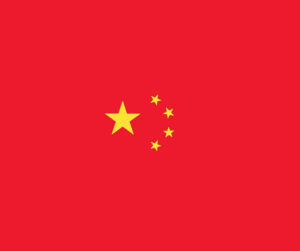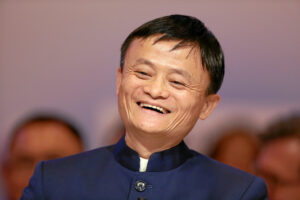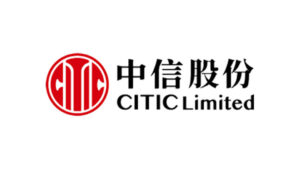- General
- December 30, 2023
- 5 minutes read
The 10 Largest Companies In China
China is one of the world’s biggest economies, with a gross domestic product of $18 trillion, or $12,600 per capita,…

China is one of the world’s biggest economies, with a gross domestic product of $18 trillion, or $12,600 per capita, according to the World Bank. This massive economy hosts many correspondingly massive companies. We want to examine the top ten Chinese companies by revenue. They include:
1. China Petroleum & Chemical Corporation (Sinopec)
Revenue: $474bn
Sinopec is an oil and gas company controlled by the Chinese government. It engages in oil and gas exploration and refining raw crude and gas into end products like diesel, gasoline, kerosene, chemical fertilizers, etc. Its shares are listed on the Shanghai and Hong Kong stock exchanges.
2. PetroChina
Revenue: $435bn
PetroChina specializes in oil and gas exploration. The Chinese government is the largest shareholder in PetroChina, just like with Sinopec. PetroChina is Asia’s largest oil and gas producer and the third largest globally. Its shares trade on the Shanghai and Hong Kong stock exchanges.
3. China State Construction Engineering Corporation (CSCEC)
Revenue: $304bn
CSCEC is a construction firm controlled by the Chinese government. It’s the world’s largest construction company by sales. It constructs airports, skyscrapers, factories, stadiums, bridges, housing estates, etc., across China, the U.S., and many more countries. Notable projects include the Tesla Giga Shanghai, Shanghai World Financial Center, and Federation Tower, Tower A in Moscow.
4. China Railway Group
Revenue: $169bn
China Railway Group is another state-owned construction company. It specializes in railway construction, maintenance, and upgrades for the Chinese government. Its shares trade on the Shanghai and Hong Kong stock exchanges.
5. China Railway Construction Corporation (CRCC)
Revenue: $157bn
CRCC is another state-owned railway construction company. It focuses on foreign railway projects, unlike the China Railway Group which primarily builds within China. Its shares are listed on the Shanghai and Hong Kong stock exchanges.
6. JD.com, Inc
Revenue: $152bn
JD.com is China’s largest online retailer, the country’s Amazon equivalent. It is the largest technology company in China by revenue and one of the top ten globally. The company operates within China and around a dozen other European and Asian countries. Its shares are listed on the Hong Kong Stock Exchange; founder Liu Qiangdong is the largest shareholder, followed by American retail giant Walmart.

7. China Life Insurance
Revenue: $152bn
China Life Insurance is a state-owned life insurance and annuity company. It offers a wide range of insurance policies to residents of China, Hong Kong, Singapore, and Indonesia. It’s the largest Chinese life insurer by market share
8. China Mobile
Revenue: $140bn
China Mobile is a state-owned telecoms company. It’s the largest wireless carrier in China and the world’s largest carrier by number of subscribers. Its shares trade on the Hong Kong Stock Exchange.
9. Alibaba
Revenue: $130bn
Alibaba is a Chinese tech conglomerate dealing primarily in e-commerce. It was co-founded in 1999 by famous technology entrepreneur Jack Ma. Alibaba is one of China’s tech darlings with a vast customer base in its home country and abroad. The company is dual-listed on the New York Stock Exchange and the Hong Kong Stock Exchange.

10. CITIC Limited
Revenue: $99bn
CITIC Limited is a state-owned conglomerate with interests in steel manufacturing, mining, financial services, real estate, and more. The company is listed on the Hong Kong Stock Exchange, with 58% of its shares owned by a government entity.

8 of the top 10 Chinese companies by sales are state-controlled, and just two are controlled by private investors. Such a situation represents an unusually high level of economic control by the government but is unsurprising given China was historically a centrally planned, command economy. It began transitioning away from that model in the late 1970s, spurring unprecedented economic growth in the ensuing decades.






